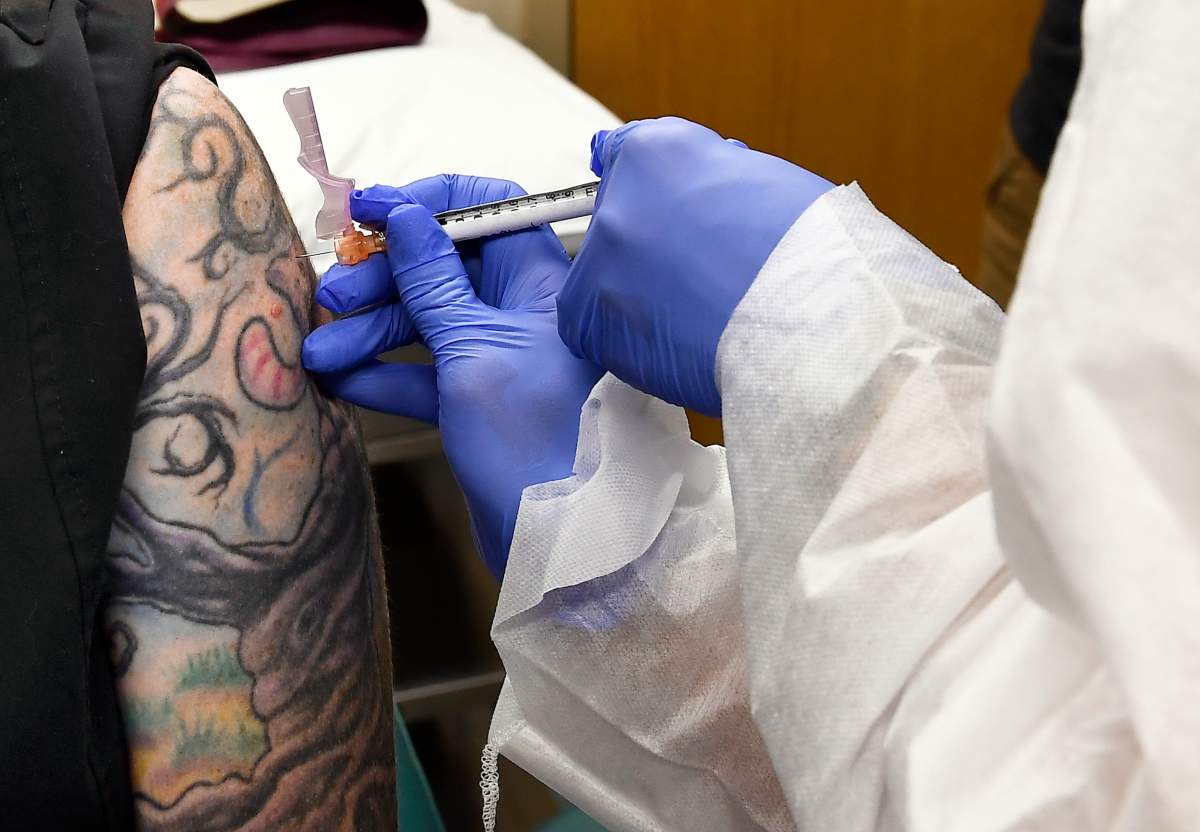In the hopes of averting future pandemics, Hamilton’s McMaster University is connecting a number of its top infectious disease clinicians and researchers worldwide to prevent global health threats like antimicrobial resistance.

The goal of the Global Nexus for Pandemics and Biological Threats is to ensure Canada and the world are better able to manage the human and economic devastation of COVID-19 and potential future virus outbreaks, according to one of the university’s senior researchers.
“So the nexus idea is incredibly ambitious, but I think it’s exactly where we need to go to be able to solve what we call wicked problems. Very complex, multifactorial problems,” said Gerry Wright scientific director at McMaster’s Institute for Infectious Disease Research.
The group includes some of the university’s top researchers who mobilized on more than 100 COVID-19 related research projects and were awarded more than $20 million by the three levels of government during the pandemic.

Get breaking National news
Some of the experts include:
- Infectious disease physician Mark Loeb, a veteran of the SARS epidemic, currently investigating with U.K. partners whether a COVID-19 vaccine will work for Canadians
- Virologist Karen Mossman, leading McMaster’s research enterprise, and Arinjay Banerjee, part of a Canadian team that isolated the coronavirus, continue to study bats to learn more about how their immune systems fight viruses
- Engineer Ravi Selvaganapathy and a team of researchers working with Canadian manufacturers on made-in-Canada personal protective equipment
- Hematologist Donald Arnold who is leading large clinical trials to determine whether blood from recovered COVID-19 patients offers an effective treatment
Wright says the point of the nexus project is to have a strong list of colleagues to call in a global outbreak with quick turnaround times on critical research with the goal of not getting caught “flatfooted” as much of the world’s medical community was prior to the pandemic.
“The idea would be for us to be able to partner with governments, with the private sector, and with our colleagues around the world to move very fast when things like this (COVID-19) happen.”
McMaster’s contributions to the nexus will be 34 researchers from 10 departments and four faculties that have attracted $293 million in research funding over the past 10 years, according to McMaster president David Farrar.
“COVID exposed the world’s vulnerabilities and we need to bring expertise together in new ways,” said Farrar.
Matthew Miller, the senior infectious disease researcher at McMaster University, says an important lesson from the pandemic was the need for a “breadth” of expertize from a swath of disciplines including medicine and engineering.
“I think it’s really forced us to think differently about the way we cross-connect among experts to help solve these really important global challenges,” Miller told Global News.
The researcher believes the pandemic is similar in scope for the medical community what 9/11 was for the business of security.
“I think even after a vaccine is developed, life will definitely not go back to the way it was before,’ said Miller.
“But society in general often shows their best in the face of adversity. And in some ways, this adversity has forced our hand and caused us to be more collaborative by necessity.”











Comments
Want to discuss? Please read our Commenting Policy first.